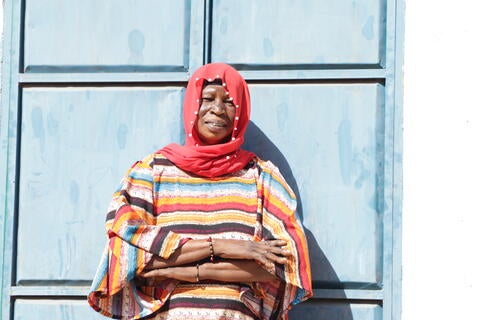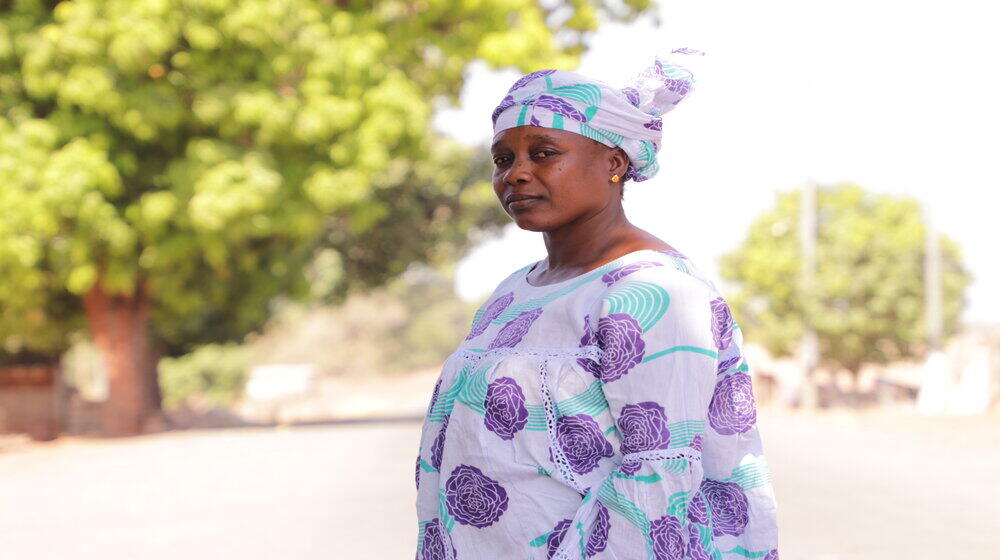Despite The Gambia’s patriarchal nature, women are making significant strides in the country’s political arena. While women have proven to be impactful representatives of other women’s interests and needs, their representation in key leadership positions remains low. Only three of the 58 members of the National Assembly are women and, less than five out of the 23 cabinet positions are held by women. Grassroots representation is even lower with only eight out of 120 councillors, and among traditional council leadership, only 13 out of the 1887 Alkaalo are female. However, efforts are underway to change this narrative.
How the Women Political Participation Program funded by the Peace Building Fund is driving change
The Women Political Participation Project, funded by the Peace Building Fund is driving change through nationwide sensitization on the importance for women participation in politics and decision making. This effort has led to the recent appointment of over 15 women to serve in District Tribunals across the country, marking progress towards gender equality and the empowerment of women in decision-making roles.
In Sankandi, Darbonding Darboe, a newly appointed member of the Kiang West District Tribunal in the Lower River Region, is a shining example of this progress. With her longstanding commitment to community politics, Darboe's appointment as a court member reflects her dedication to duty and unwavering advocacy for women’s wellbeing. She hopes to “represent women's wellbeing and support them in protecting their rights”.
“…...when it comes to national development and contribution, we are all equal. In the past, men used to lead women in leadership positions due to the lack of awareness and education, but now we are becoming more aware, and we seek executive positions and local government positions”.
To Darbonding, serving in the district tribunal holds a profound significance beyond a mere role. It is a solemn responsibility to ensure that every voice is heard, and every individual receives fair treatment under the law.
“In the past, only men used to be court members, and due to that, when women had cases, they felt reserved and shy to express themselves. But with women as court members, when a woman comes, she will be comfortable to express herself. If women are not represented by fellow women, there will be a barrier, but if women are represented by fellow women in court, things will be fair”.
Hailing from Kiang Jenyerr in the Kiang Kaif District, Tomaring Jaiteh, a Court Member, expressed her commitment to defending women's rights. As the sole female representative in the courthouse, she emphasized her unwavering stance in safeguarding women's rights whenever the need arises. With optimism, she anticipates an increase in female representatives in the near future, further strengthening their collective advocacy for women's rights.

The project's influence reaches beyond the presence of women in District Tribunals. It has a broader impact on decision-making. Ejatou Jallow, the Basse Ward Councillor in the Upper River Region, emphasized the importance of having more women in key decision-making roles.
Women's involvement in governance structures brings a unique perspective and ensures issues affecting women and marginalized groups are adequately addressed. UNFPA The Gambia is committed to promoting women's participation in governance. The aim is to create an environment where women are valued as decision-makers and change-makers.
As more women like Darbonding, Tomaring, and Ejatou assume leadership roles, there is hope for a future where gender equality is not merely an aspiration, but a tangible reality.



